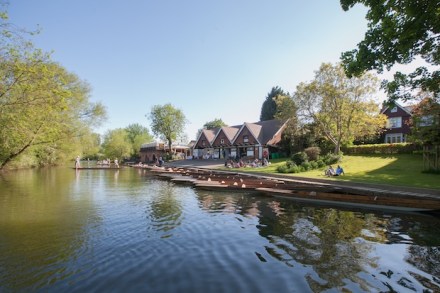My new affair is thrilling, expensive — and might just break my neck
I have fallen in love with an unsuitable male. My wife isn’t totally happy about this relationship because she recognises how dangerous it is. The problem with Eddie is that his vices are my vices. He’s reckless, an adrenaline junkie who likes always to be up front. Really, a most unsuitable companion for a skinny, breakable family man fast approaching 50. And did I mention how expensive he is? It’s as bad as having a high-class mistress or a serious cocaine habit, but I’m powerless to resist. I love hunting. I love my mount Eddie Stobart. When I’m riding to hounds, all my worldly cares vanish. It makes me feel


















